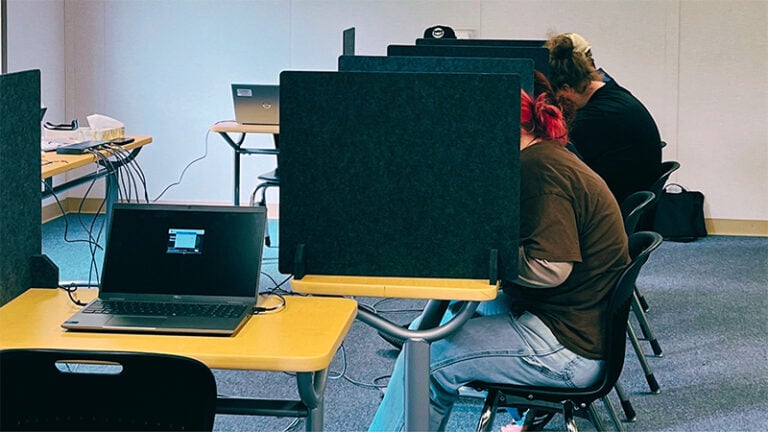By Melissa Patrick
Kentucky Health News
A number of new state health laws took effect July 15, ranging from measures on maternal health to improved access to a commonly used allergy medication.
The General Assembly passed more than 200 bills during its 60-day session. They become law 90 days after adjournment of the legislature unless they have a defined effective date, are general appropriation bills, or are passed with an emergency clause. This year, the effective date was July 15.

Some of the health measures that are now law are:
Health Care Liability: House Bill 159, sponsored by Rep. Patrick Flannery, R-Olive Hill, protects health-care providers from criminal liability when a medical error harms a patient. The bill does not apply to harm resulting from gross negligence or wanton, willful, malicious or intentional misconduct.
Kratom: HB 293, sponsored by Rep. Kim Moser, R-Taylor Mill, aims to regulate kratom, an herbal drug frequently sold online and in convenience stores. The bill prohibits sales to people under 21 and provides guidelines for manufacturing and labeling the product.
This bill was included in a list of 22 laws mentioned in an April letter from Gov. Andy Beshear to legislators saying there is a lack of funding to implement them, so that puts this new law in limbo, Liam Niemeyer reports for the Kentucky Lantern.
Maternal health: Senate Bill 74, sponsored by Sen. Shelley Funke Frommeyer, R-Alexandria, aims to support maternal and infant health and reduce the high mortality rate for mothers in Kentucky. Several sections of the bill took effect July 15, including one that will provide more information about breastfeeding and safe sleep to at-risk parents. Others establish a state maternal-fatality review team and require Medicaid to cover lactation consulting, breastfeeding equipment, and in-home and telehealth services. The bill also requires state health officials to compile an annual report about the number and types of delivery procedures performed at each hospital. Other sections of the bill will not take effect until 2025. This bill includes the “Momnibus” bill, which was originally filed as HB10 by Moser.
Medical cannabis: HB 829, sponsored by Rep. Jason Nemes, R-Middletown, updates some aspects of Kentucky’s upcoming medical cannabis program. It allows schools to ban medical cannabis from their campuses and allow local governments to apply a small fee to the program, among other changes. Three sections of the bill related to applications for business licenses, state enforcement and patient pamphlets will not take effect until 2025.
Pseudoephedrine: HB 386, sponsored by Rep. Robert Duvall, R-Bowling Green, eases purchase limits on pseudoephedrine to help people with chronic allergies legally obtain enough of the medication to meet their medical needs.
Vaping in schools: HB 142, sponsored by Rep. Mark Hart, R-Falmouth, bans all tobacco, alternative nicotine and vapor products in Kentucky public schools. It also requires school districts to adopt disciplinary procedures for students who violate the bans.
Veteran suicide prevention: Under HB 30, sponsored by Rep. Michael Meredith, R-Oakland, the Kentucky Department of Veterans Affairs will create a suicide prevention program for service members, veterans and their families.
Youth medical records: HB 174, sponsored by Rep. Rebecca Raymer, R-Morgantown, stipulates that parents have access to their child’s medical records. Prior to this law, children ages 13 and older had to sign a waiver for parents to have access.
Alzheimer’s education: HB 459, sponsored by Moser, requires advanced practice registered nurses and physician assistants who primarily work with Kentuckians ages 50 years and older to undergo continuing education related to the detection and treatment of Alzheimer’s and other forms of dementia. This language was added from SB 211, sponsored by Sen. Stephen Meredith, R-Leitchfield, in the final days of the session. The bill also involves the APRN national certification exam and Kentucky Board of Nursing appointments.
News releases from the Legislative Research Commission contributed to this story.

















